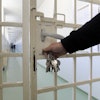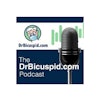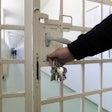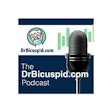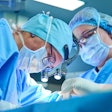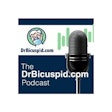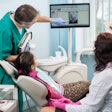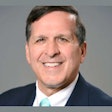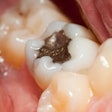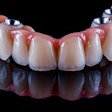Dear DrBicuspid Member,
Dentists who work in the demanding public sector environment of federally qualified health centers (FQHCs) often earn lower pay than their private practice counterparts. But the same isn't always true for FQHC executives, wrote Dr. Michel W. Davis in the top story of the week.
While dentists working in FQHCs earn tens of thousands of dollars less than those in other practice arrangements, the pay for executives can top millions of dollars. Many of the top-earning executives also work for FQHCs hit by federal investigations and lawsuits, Davis noted.
We saved the best local anesthetic for last
Our twice-monthly video series Dental Dose is wrapping up its coverage of local anesthetics. So far, the series has covered articaine, bupivacaine, Carbocaine, and lidocaine. But we've saved arguably the best local anesthetic for last: prilocaine.
In the episode, Tom Viola, RPh, explained why prilocaine combines many of the advantages of the other local anesthetics profiled on Dental Dose. He also shared why it may not have the universal acceptance in dental offices that some other anesthetic agents have.
No dental in Medicare Part B?
The ADA is encouraging dentists to contact lawmakers and voice their opposition to adding a dental benefit to Medicare Part B, which provides benefits for preventive and medically necessary services, including mental healthcare, some prescription drugs, and ambulance services. The dental organization cited concerns about adequate reimbursement and the distinction between dentists and physicians.
The charge to keep dental benefits out of Medicare Part B was echoed by many other prominent dental organizations, including the Academy of General Dentistry, the American Academy of Periodontology, the American Association of Endodontists, and the American Association of Oral and Maxillofacial Surgeons. Meanwhile, the American Dental Hygienists' Association is calling on hygienists to reach out to their representatives to "strengthen Medicare and support oral health coverage in Medicare."
Pandemic threw work-life balance off-kilter
The COVID-19 pandemic and resulting lockdowns disrupted the work-life balance of dental professionals in India, according to recent research. Approximately 57% of dentists said they had altered sleep during lockdowns, and another quarter were anxious. More than one-third admitted to changes in their mental health and 38% reported changes in their relationships with their families.
Caries vaccine is not science fiction
Last but not least, a vaccine for caries is not science fiction, according to the director of the U.S. National Institute of Dental and Craniofacial Research. Such a technology could be possible under a proposed division of the U.S. National Institutes of Health tasked with using "crazy, bold ideas" to prevent and cure disease.
The new agency would seek to capitalize on groundbreaking medical innovations used for COVID-19 vaccines and cancer immunotherapies. For the division to come to fruition, U.S. lawmakers would need to support both the agency and its funding in the $3.5 trillion congressional budget bill. (Yes, the same budget bill with dental Medicare benefits.)

